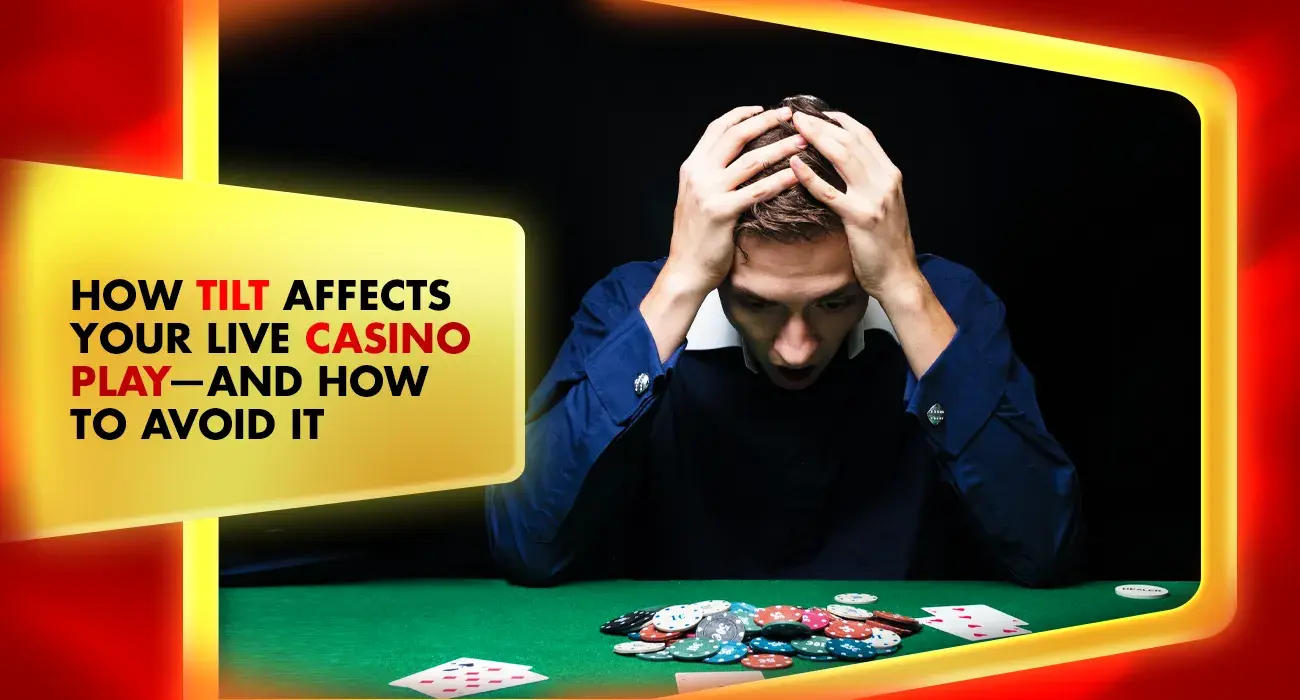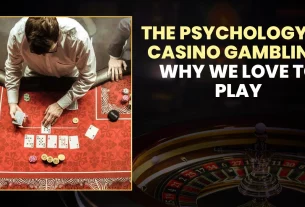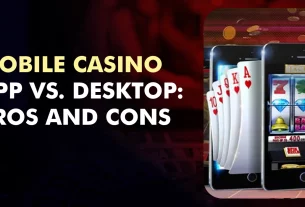Every casino player has been there — that moment when a near-miss or bad streak turns excitement into frustration. In the world of live casino gaming, this emotional shift is called tilt — a psychological phenomenon that clouds judgment, pushes reckless bets, and ruins solid strategy.
Tilt isn’t limited to poker or card tables. It sneaks into live table games, online card games, and even game show formats like Crazy Time or Monopoly Live. Whether you play casually or for high stakes, understanding and managing tilt is critical to enjoying the game and protecting your bankroll.
Let’s explore what causes tilt, how it affects live casino play, and, most importantly, how you can avoid it.
Understanding What “Tilt” Really Means
Tilt originates from poker slang — when a player “tilts,” they play emotionally instead of logically. But it’s now a universal casino concept.
In live casino settings, tilt happens when frustration, anger, or overconfidence leads you to make poor betting decisions. Common signs include:
- Doubling down to “win back” losses.
- Increasing bets irrationally after a losing streak.
- Ignoring odds, strategy, or discipline.
- Feeling impulsive or impatient during gameplay.
Tilt doesn’t just cost money — it disrupts your experience. A live casino session that should be entertaining can quickly turn into a stressful spiral when emotions take control.
Why Live Casino Players Are Especially Prone to Tilt
Unlike computer-based games, live casino games use real dealers, real interactions, and real-time outcomes. This realism makes them exciting — but it also amplifies emotional responses.
Here’s why tilt hits harder in live casino environments:
- Social pressure: Seeing others win while you lose creates envy and urgency.
- Faster gameplay: Live dealers keep the pace moving, reducing reflection time.
- Chat interactions: Watching chat reactions or engaging emotionally with the dealer can break focus.
- High sensory input: The lights, sounds, and on-screen animations of real money earning games heighten adrenaline.
When you combine these sensory triggers with fluctuating luck, your rational decision-making can easily short-circuit.
The Psychology Behind Tilt: Loss Aversion and Ego
Tilt isn’t random — it’s a product of our human psychology. Two cognitive biases are often to blame:
- Loss Aversion: Losing ₹1,000 hurts twice as much as winning ₹1,000 feels good. This imbalance leads players to chase losses instead of accepting them.
- Ego Threat: Players often tie their self-worth to performance. When the game doesn’t go their way, ego takes a hit — and tilt follows.
In Khelraja live casino, where outcomes can shift in seconds, emotional regulation becomes just as important as strategy. Recognising that losses are part of statistical variance, not personal failure, helps you avoid that downward spiral.
Common Situations That Trigger Tilt
You might think tilt only happens after big losses, but it has many sneaky triggers. Here are the most common ones across live casino games and online card games:
- Bad beats: Losing on a strong hand or near win.
- Winning too early: Success can breed overconfidence, leading to reckless play.
- Extended sessions: Fatigue lowers discipline and decision quality.
- External stress: Playing while tired, distracted, or emotionally charged.
- Connection issues: Technical glitches during key moments can ignite frustration.
Recognising your personal triggers is the first step to controlling them.
How Tilt Manifests in Different Live Casino Games
Live Blackjack
Tilt often shows up through over-betting or ignoring basic blackjack strategy. A tilted blackjack player might hit when they should stand, or chase side bets to recover losses.
Live Roulette
Frustrated players may start betting on too many numbers or switching strategies mid-session. The illusion of “being due” for a win is one of tilt’s biggest lies.
Live Baccarat
Tilt here manifests as chasing streaks — believing a banker or player pattern will continue indefinitely. Rational play gives way to superstition.
Game Shows (Crazy Time, Monopoly Live, Dream Catcher)
Because these live casino game shows rely heavily on visual excitement, they can amplify tilt through near misses or small multipliers that feel like losses.
How Tilt Affects Decision-Making and Bankroll
The biggest danger of tilt isn’t emotional—it’s mathematical. When tilted, players:
- Overbet: Doubling or tripling stakes to recover.
- Ignore variance: Believing every spin or hand is “due” for correction.
- Break strategy: Abandoning consistent systems that work over time.
At Khelraja online casino, where real money stakes are on the line, a single tilted session can erase days of smart play. Maintaining discipline is the only real way to ensure long-term success.
5 Practical Ways to Prevent and Manage Tilt
1. Set Emotional Stop-Losses
Everyone sets a financial stop-loss — but what about an emotional one? If you notice anger, impatience, or distraction, step away immediately. Pause your session before your decisions start costing more than your bets.
2. Schedule Short Sessions
The longer you play, the more fatigue creeps in. Limit sessions to 45–60 minutes with breaks between them. Many live casino players swear by a “two-hour rule” — never play continuously for more than two hours without resetting your focus.
3. Track Your Wins and Losses
Use spreadsheets or built-in Khelraja tools to log results. Seeing trends objectively helps remove emotion from decision-making and prevents reckless chasing.
4. Avoid Multitasking
Tilt often grows when your mind’s divided — checking messages or watching videos while playing. Give your full attention to the table to reduce impulsive reactions.
5. Practice Mindfulness
Taking deep breaths, focusing on the present moment, or using grounding techniques can reset your mindset mid-session. Professional poker players use this to keep emotions in check.
What To Do If You’re Already Tilted
Even the best players tilt—it’s how you handle it that matters. If you realise you’re tilted:
- Step away immediately. Log off, take a walk, drink water.
- Avoid chasing. Don’t try to “win back” losses in the same session.
- Reflect. Identify what triggered your frustration so you can anticipate it next time.
- Play for fun later. Return to live casino play only when you’re calm and clear-headed.
The Role of Environment: Where You Play Matters
Your surroundings affect your mental game more than you think. Playing in a noisy or stressful space can trigger tilt faster.
At Khelraja online casino, the immersive design and intuitive interface create a balanced environment for focus. You can mute chat, adjust lighting, and play in short bursts — helping minimise sensory overload and tilt risk.
The Professional Player’s Secret: Emotional Detachment
Ask any pro gambler their real skill, and it’s not math or strategy—it’s emotional control. Professionals treat each session as part of a long-term journey, not a single battle.
They know losing streaks are temporary, and they plan bankrolls around variance.
The goal isn’t to “win today,” but to play consistently, calmly, and strategically over time.
By learning this mindset, you transform your live casino experience from an emotional rollercoaster to skilful entertainment.
Conclusion: Stay Cool, Stay in Control
Tilt is every casino player’s silent opponent. It’s not about bad cards, poor luck, or game design—it’s about emotion overpowering logic.
At Khelraja online casino, mastering your mindset is as vital as knowing the rules. Whether you’re enjoying live table games, online card games, or the latest game show, your emotional balance determines your real success.
Play with focus, accept variance, and remember: every game resets with the next hand or spin. Stay calm, and you’ll find that the biggest edge in the live casino isn’t luck or strategy—it’s you.






